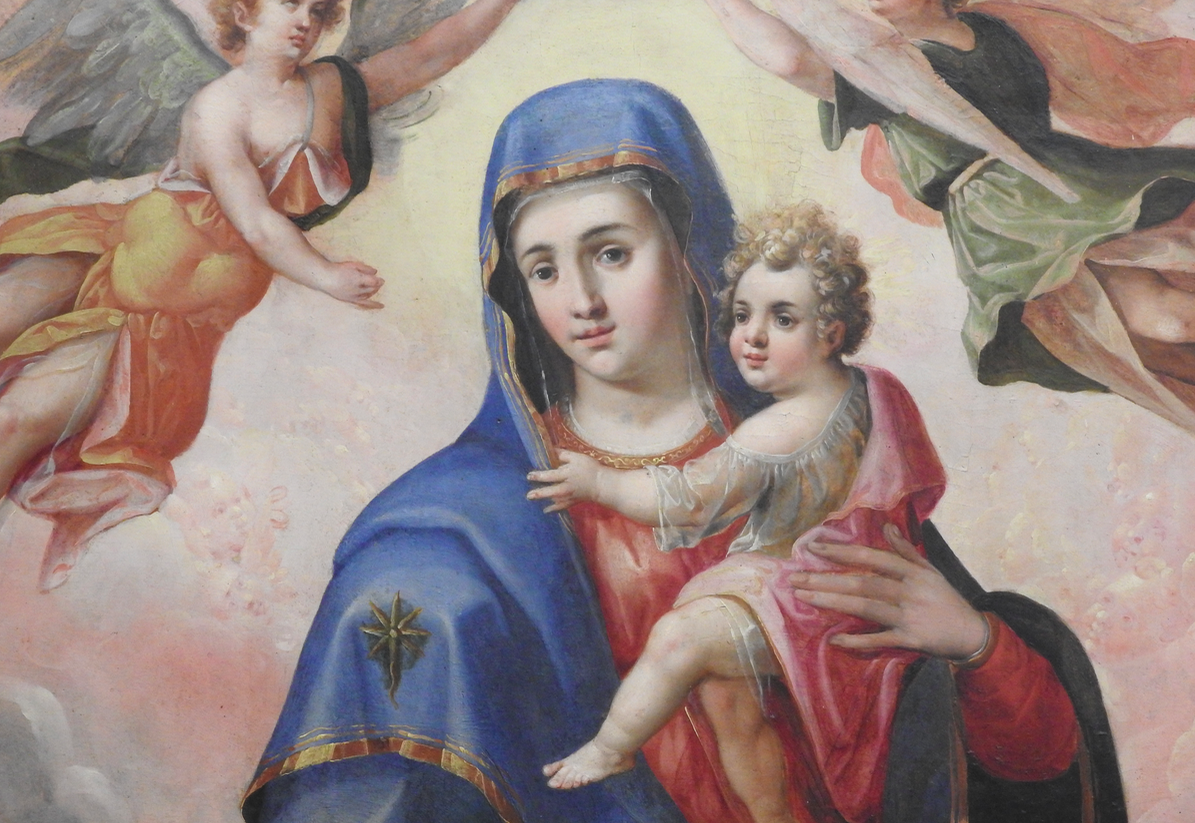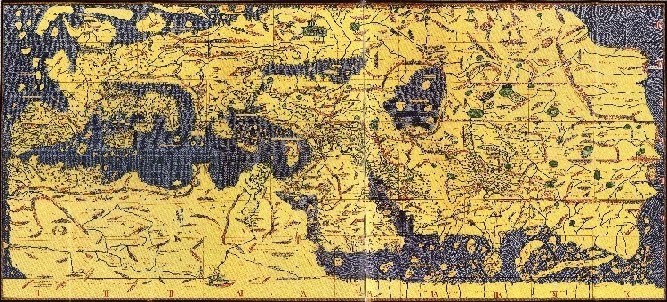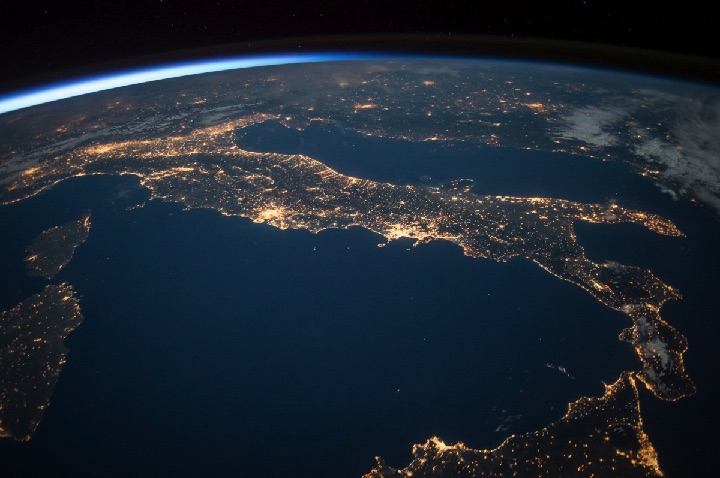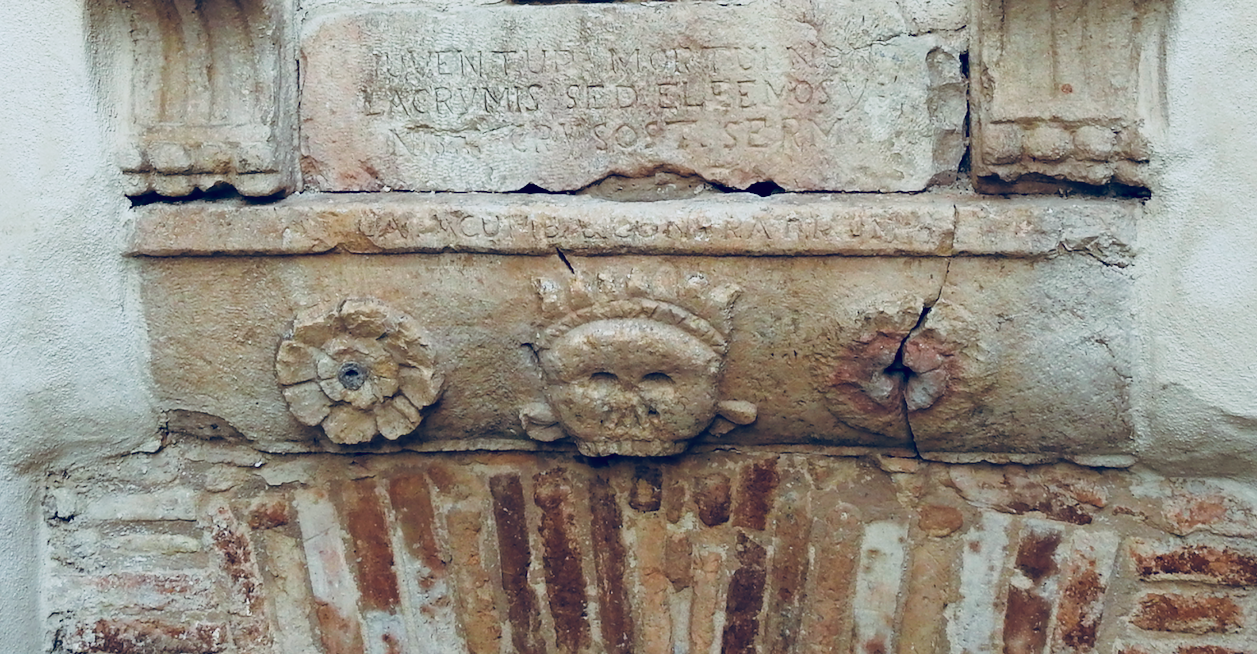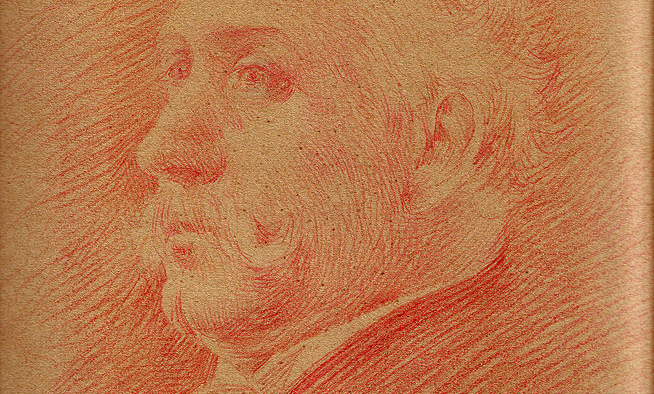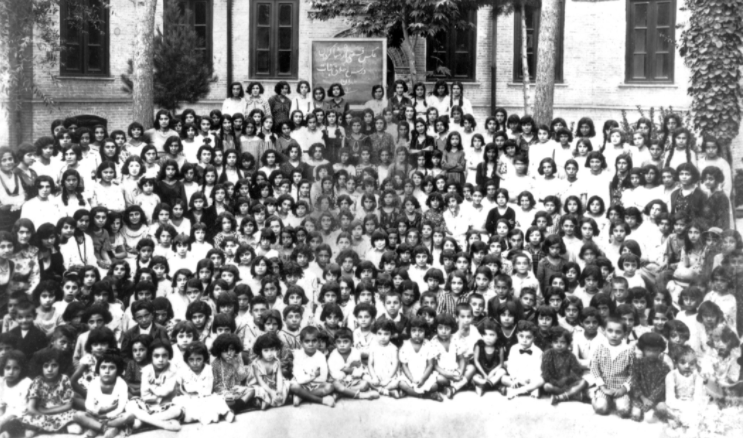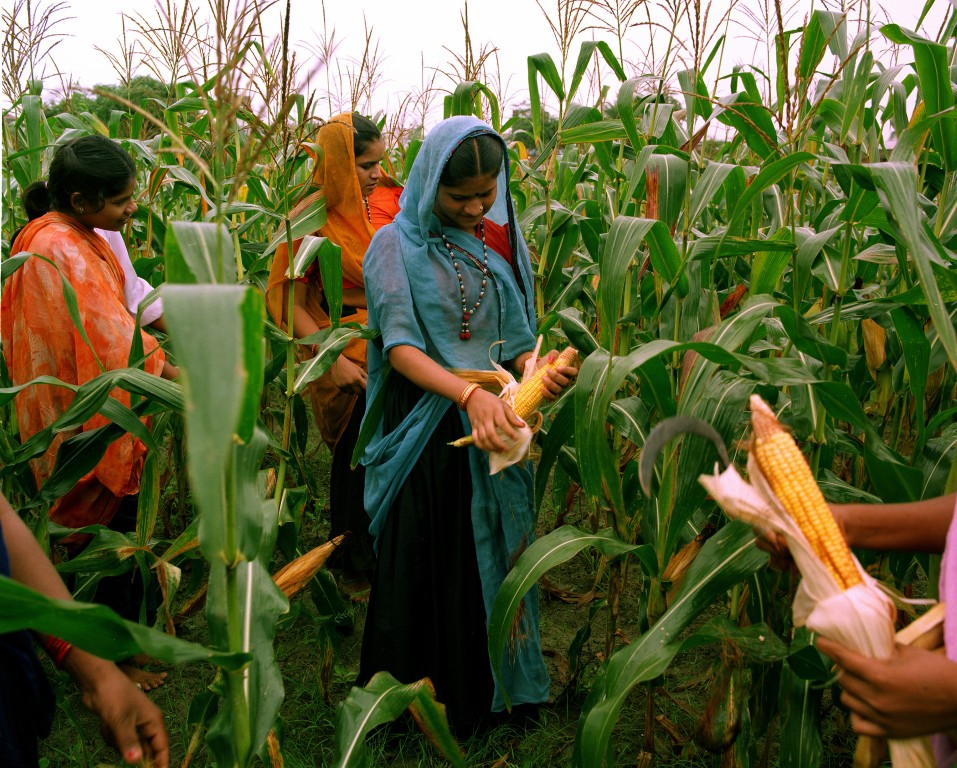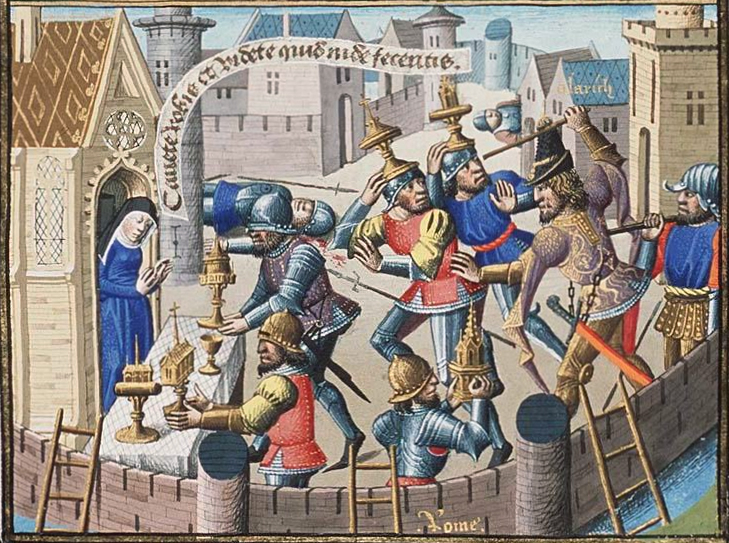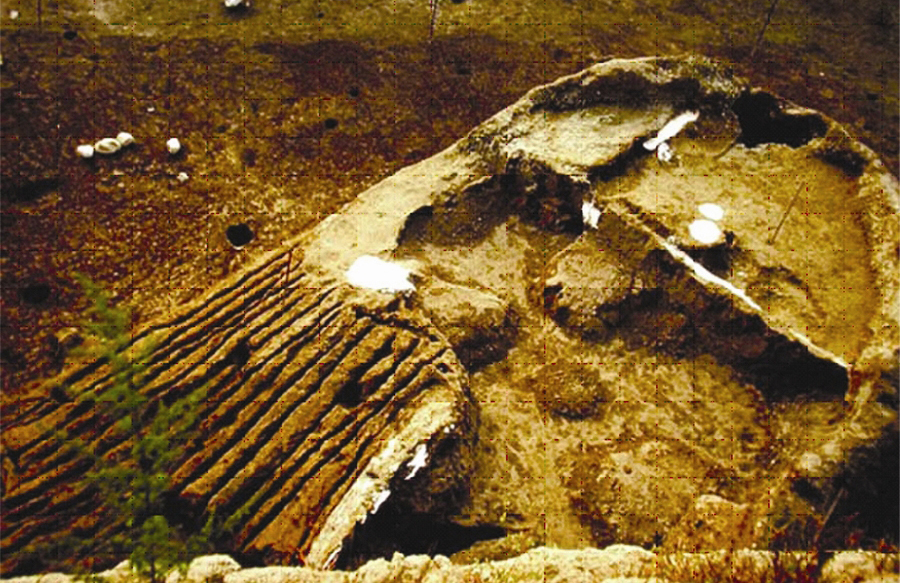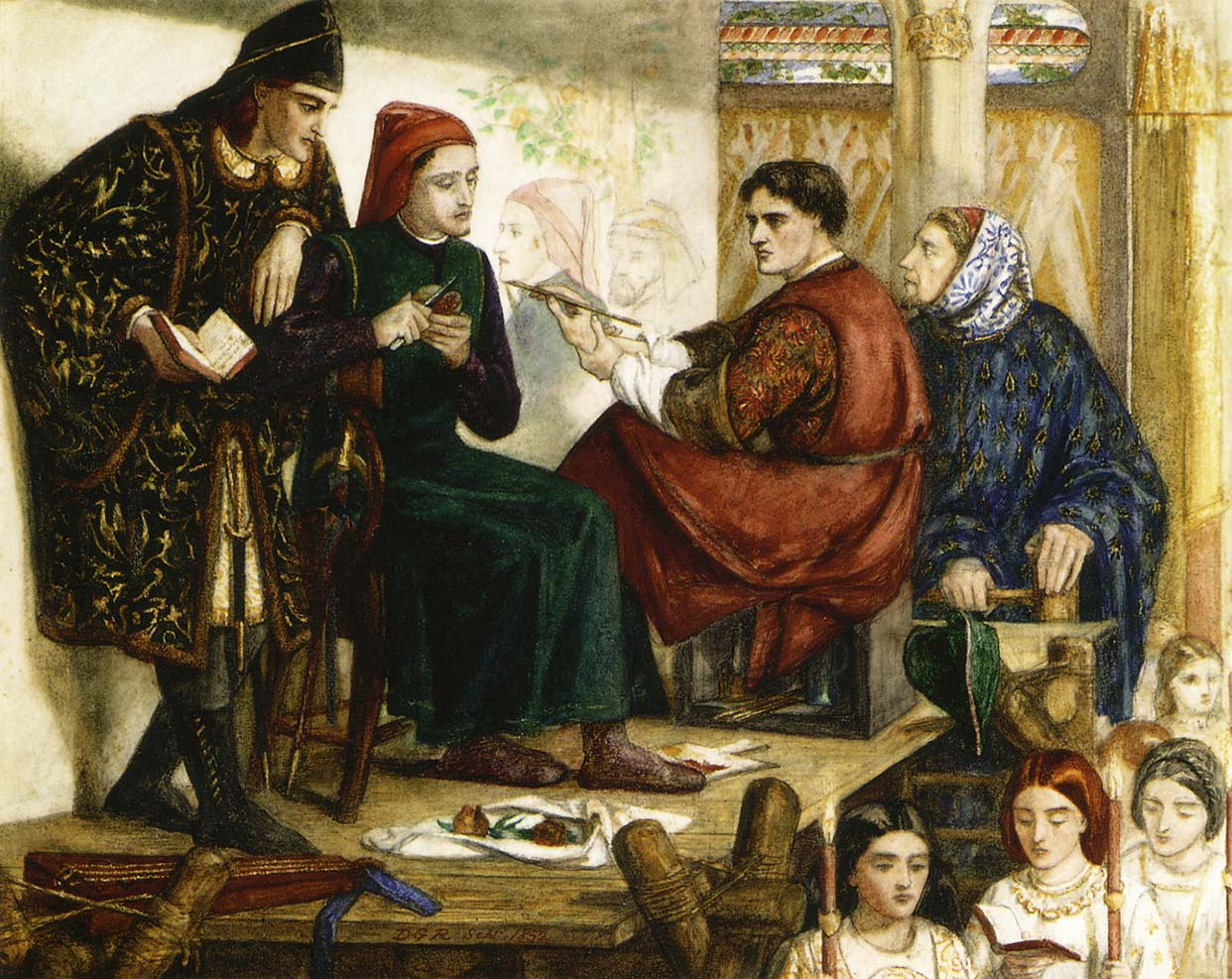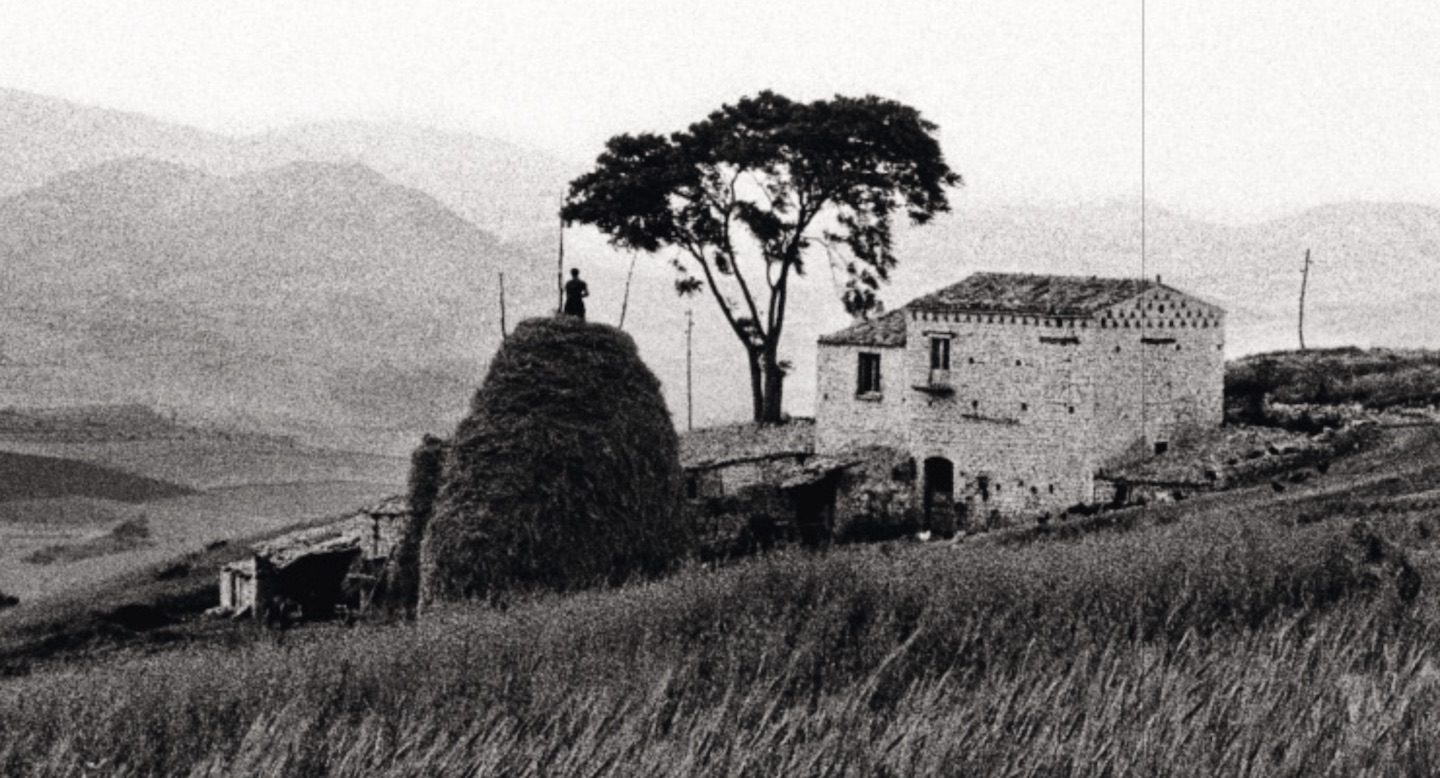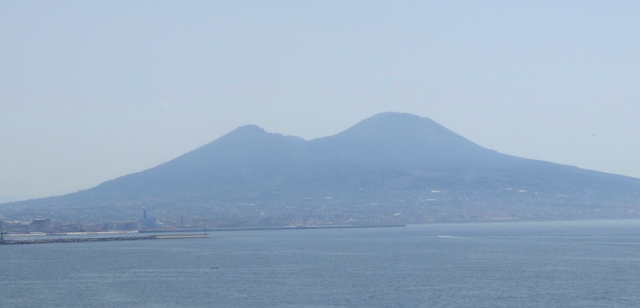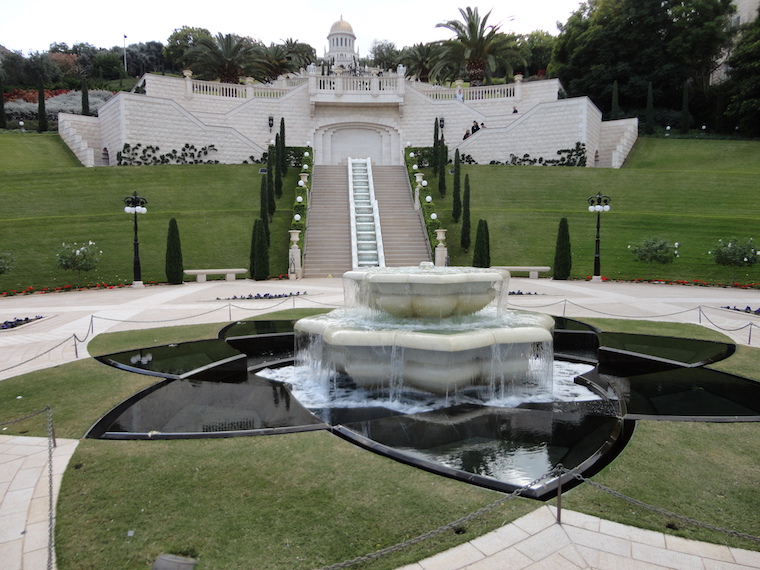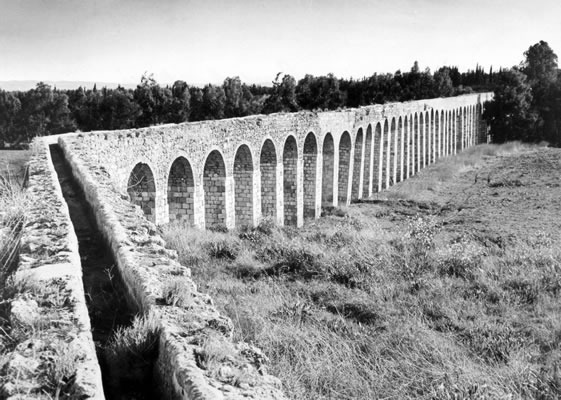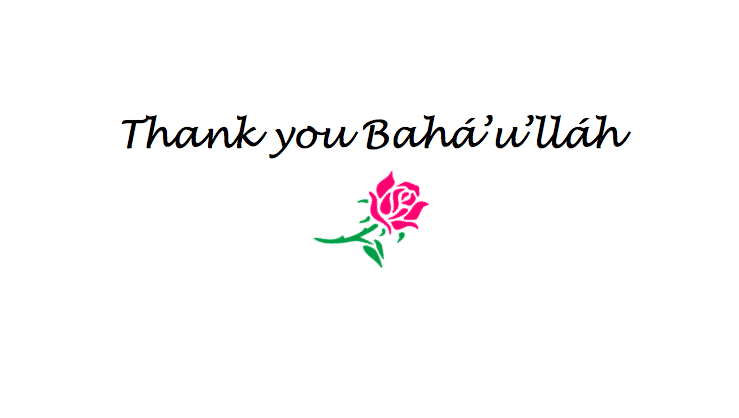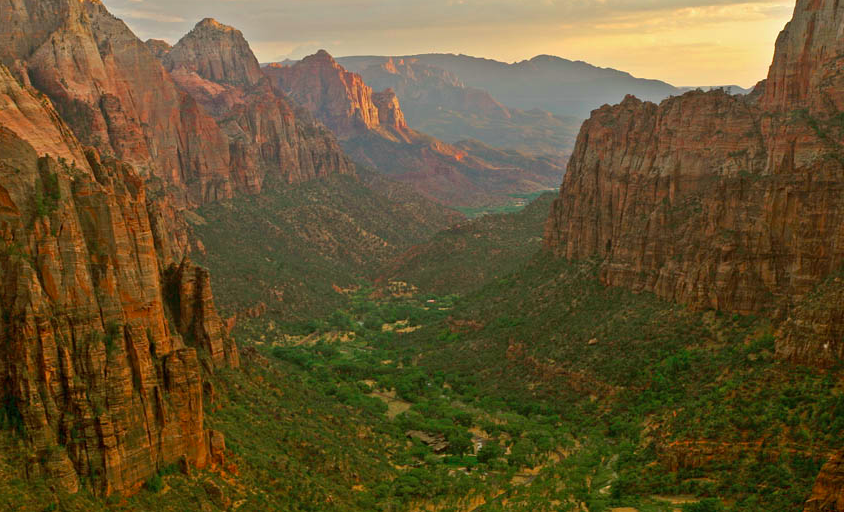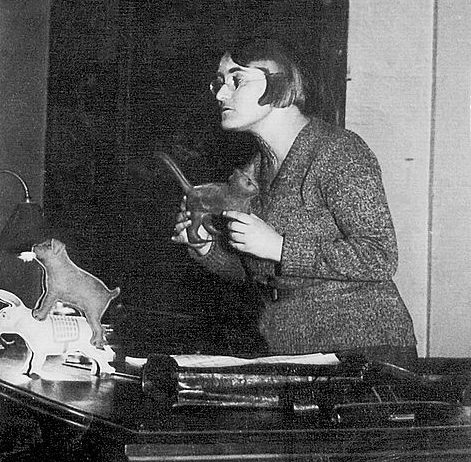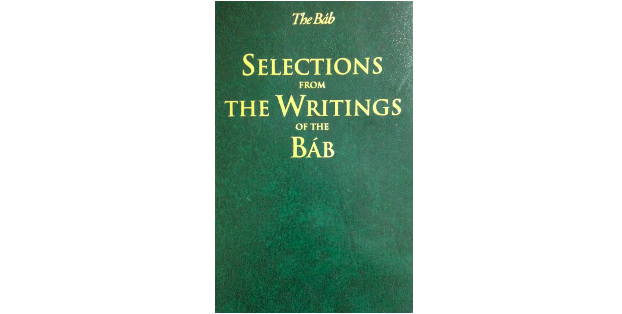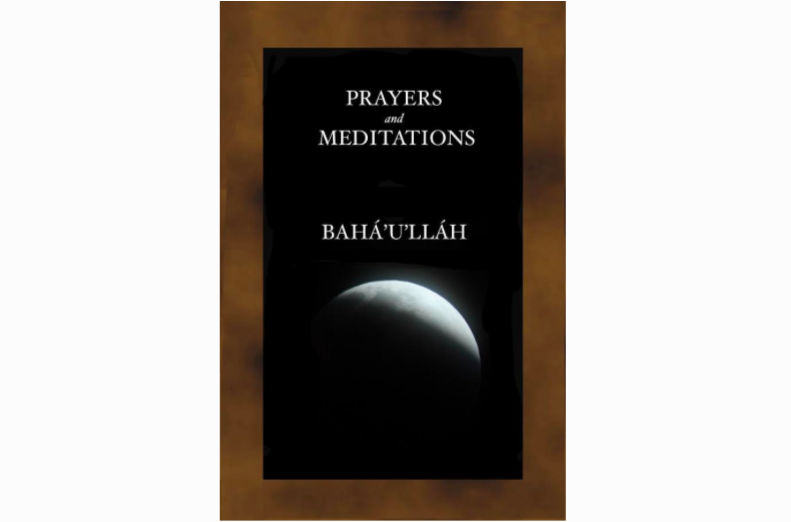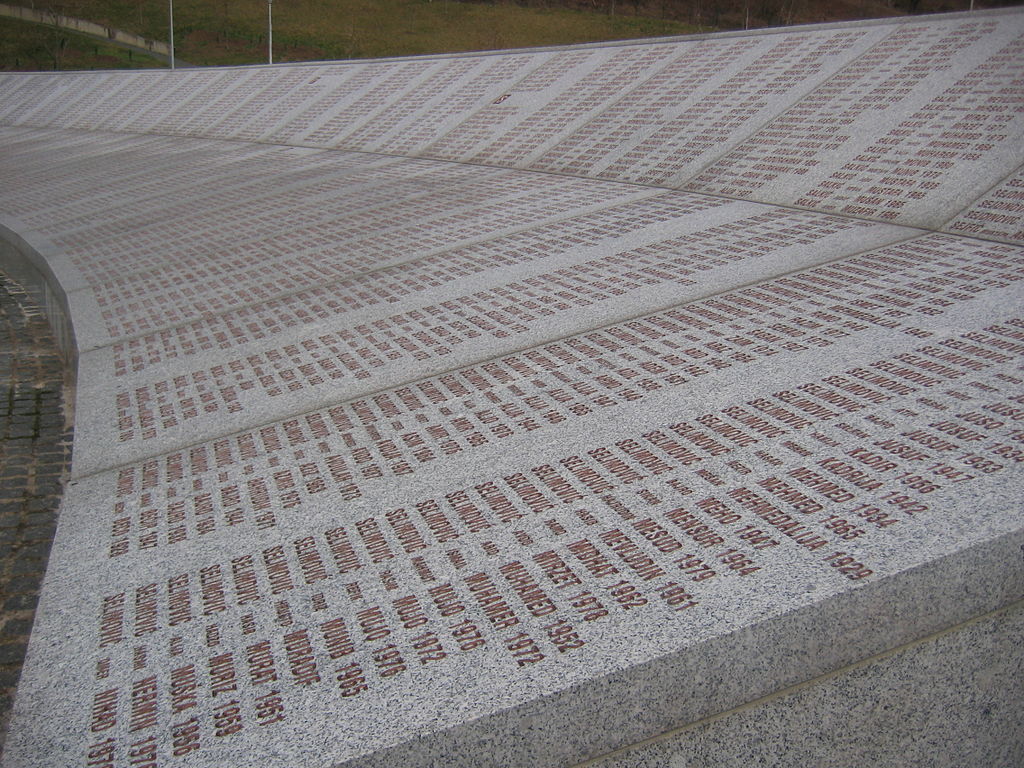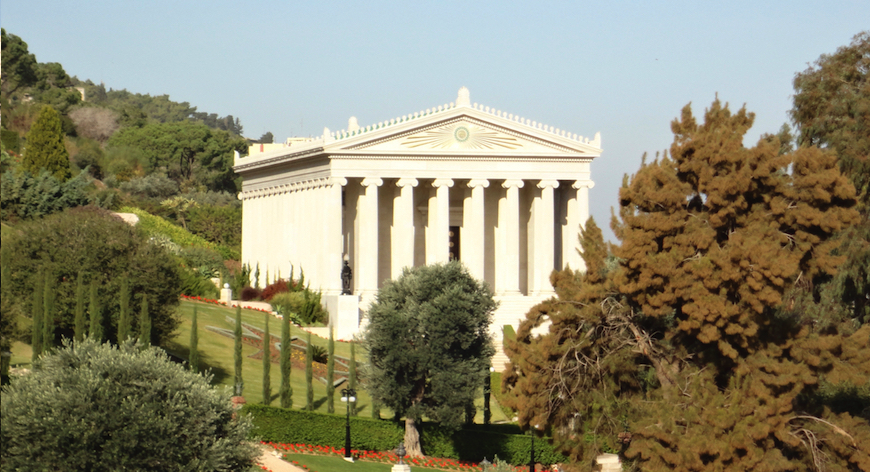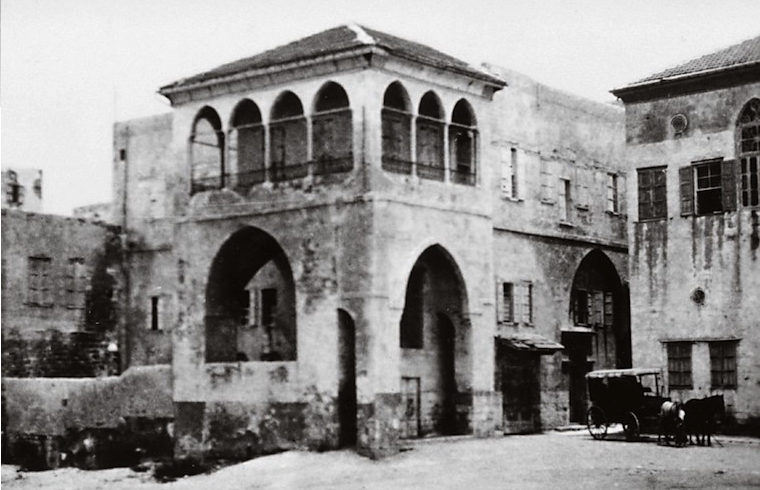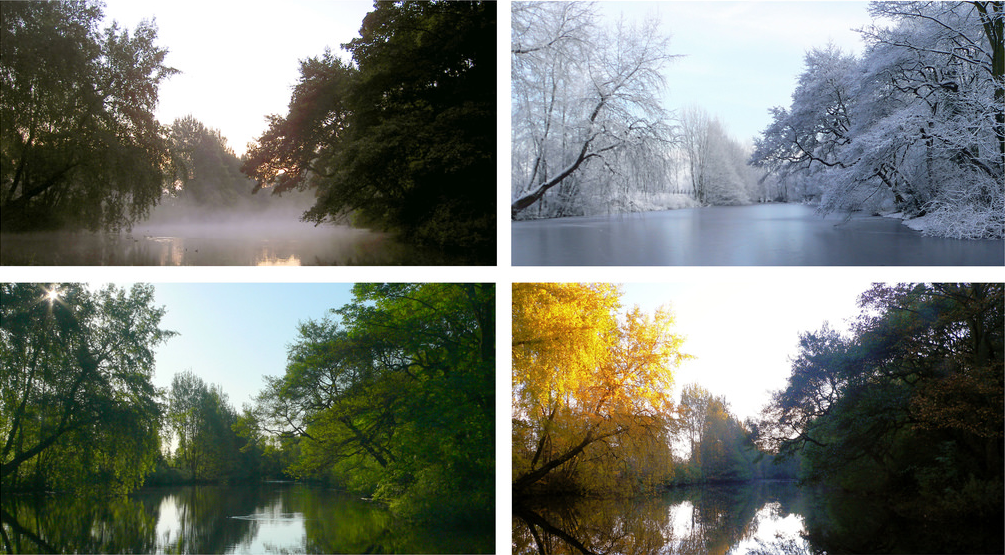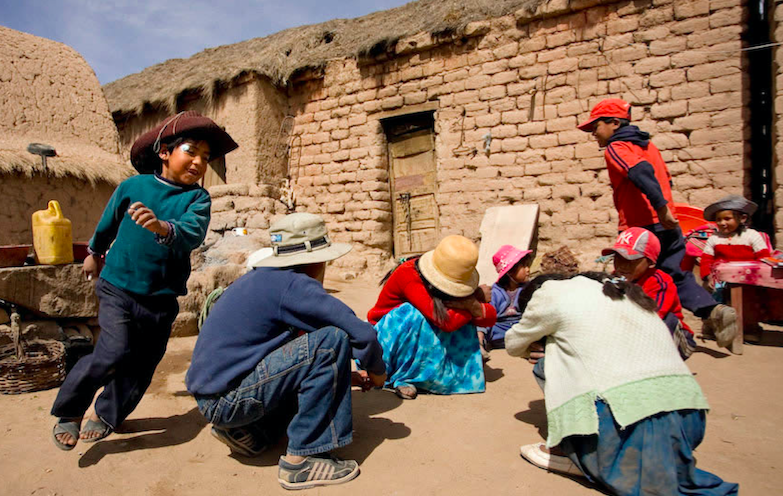-
Our Lady and the Faith of our Mothers
No visit to Italy is complete without endless opportunities to enter and be awestruck in Italy’s innumerable churches and shrines. And any visitor from an English speaking country (where less embellished models predominate) is likely to be struck by the prominent presence of the Virgin Mary in these places of worship. Not only is she present; she appears as a representation of the spiritual world in many different guises and roles. Many places of worship are specifically dedicated to her in these different manifestations. The names these places bear give a sense of the diverse roles she plays. She presides over the local “Chiesa Madra” (the Mother Cathedral) of many…
-
Il Drago and Luigi Capuana’s search for redemption
Luigi Capuana was a nineteenth century writer. His work, The Old Dragon (Il Drago), although an apparently light children’s story, carries a poignant loss and search for redemption. In a strange way the story is a “might have been” of Luigi Capuana’s life and of the children he never admitted as his own. Luigi Capuana, Giuseppina Sansone and their children Giuseppina Sansone is central, although whether she is portrayed in the story is debatable. She is a love of much Luigi Capuana’s life. He met her at age 37 and she was an unmarried partner for the next twenty years. She is almost entirely invisible, while he is a noted Italian…
-
Forgotten crimes and the sack of Rome
The sack of Rome in 410 AD hastened the emergence of a new post-Roman world and eventually, over the course of fifteen centuries, the birth of the country we now call Italy. The tale that has come through to our time of that sacking is one of uncivilised pagan German tribes – outsiders – tragically tearing down the centre of western civilization. This caricature is inaccurate in many ways. As is often the case, the real story is more complicated. In echoes of our own time, it is a tale of political intrigues and racial divisions. The Roman world at the end of the fourth century was a different place…
-
Of Villages and Vesuvius: 1800BC
The ancient mount Vesuvius rises high above the Campanian plain. The plain – a great oval ringed by mountains – stretches north, east and south for hundreds of kilometres. Along its northern edge, the river Volturno, the longest river in Italy, flows to the sea. Below Vesuvius is a great bay: the Bay of Naples, although it will be well more than a thousand years before new arrivals from the Greek island of Euboea build a city here which will bear that name. We are Italy’s deep past, although the very idea of Italy is yet to be invented. Vesuvius is not the only volcano here. It is part of…
-
Italian Stories: From the Godfather to the Fortunate Pilgrim
This story is written from Australia: far from Italy. Yet for me these two places will always be connected, for I was born in one and have grown up and lived in the other. It takes some making sense of – this life spread across half a globe. Somehow the neat boxes that society creates – this country here – that country there – find no place in my heart. How can I apportion my left ventricle to one land and my right to another? There is a problem with this tale which parcels out the world in separate lands; for inside my one human body I carry stories from…
-
End of a Journey
It is now the end of the journey. I can hardly believe that it is complete. And at the end of the journey the most delightful thing was to find myself in the company of so many Baha’is and friends who came together to celebrate this wonderful 200th anniversary together. To see that flame of love for Bahá’u’lláh in every face, and to see how much we all wanted, together, to show our love and gratitude for everything Bahá’u’lláh has done for us. To see the countless acts of love and devotion offered to Baha’u’llah to mark this bicentennial anniversary is inexpressably beautiful. I didn’t initially think of this project…
-
Thank you Bahá’u’lláh
My God, my Adored One, my King, my Desire! What tongue can voice my thanks to Thee? I was heedless, Thou didst awaken me. I had turned back from Thee, Thou didst graciously aid me to turn towards Thee. I was as one dead, Thou didst quicken me with the water of life. I was withered, Thou didst revive me with the heavenly stream of Thine utterance which hath flowed forth from the Pen of the All-Merciful.[1] Thank you Bahá’u’lláh The earth is but one country, and mankind its citizens.[2] Thank you Bahá’u’lláh Ye are the fruits of one tree, and the leaves of one branch.[3] Thank you Bahá’u’lláh … the peoples of the world, of whatever race or religion, derive their inspiration from one heavenly Source, and are the subjects of one God.[4] Thank you Bahá’u’lláh…
-
Selections from the Writings of the Bab
The Bab is the Prophet-Herald of Bahá’u’lláh. Today marks the 198th anniversary of his birth for he was born in 1819, two years after the birth of Bahá’u’lláh. The Bab was born in the city of Shiraz while Bahá’u’lláh was born in the city of Tehran, hundreds of miles to the north. Although the Bab and Bahá’u’llah never physically met, one of the first acts of the Bab was to send Mulla Husayn, his first and most trusted discipline to deliver a message to Bahá’u’llah. When Bahá’lláh received it he affirmed the truth of the Bab and returned to Mulla Husayn a gift. The gift was symbolic and inconsequential but…
-
Epistle to the Son of the Wolf – Counsels to Bahá’u’lláh’s People and the World
The Epistle to the Son of the Wolf is outwardly addressed to a violent oppressor of Bahá’u’lláh’s people. O Shaykh! We have learned that thou hast … bidden the people to curse Me, and decreed that the blood of the servants of God be shed.[1] The “Son of the Wolf” has not been alone in such persecution and one purpose of the Epistle to the Son of the Wolf appears to be to demonstrate the injustice of such conduct and its incompatibility with true religion. To this end, Bahá’u’lláh sets out both events and argument. Like Jesus who condemns the Pharisees who persecuted the first Christians, Bahá’u’lláh condemns those “divines” (i.e.…
